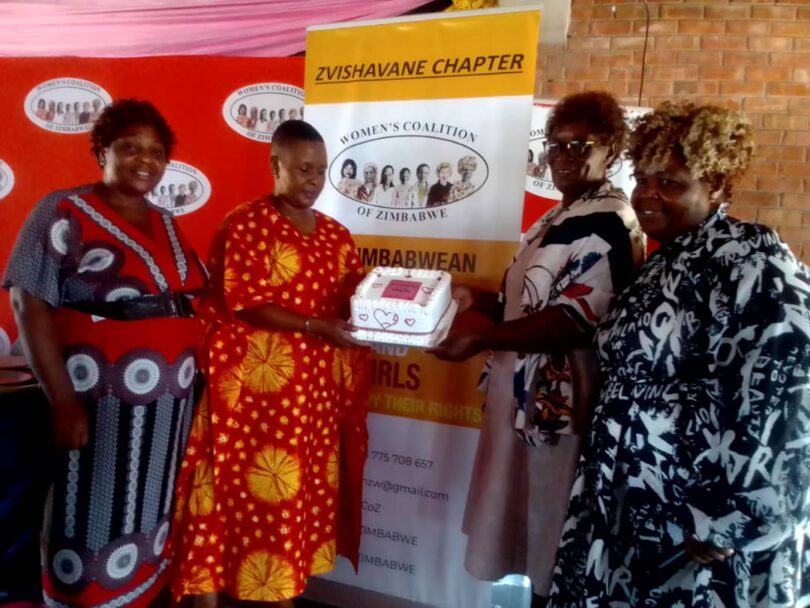|
Getting your Trinity Audio player ready...
|
By Stephen Matenga
ZVISHAVANE: Chief Masunda has urged women to capitalize on modern information and communication technologies in their socio-economic empowerment endeavours and in their fight against gender-based violence.
She said this while officiating at the launch of the Zvishavane Chapter of the Women’s Coalition of Zimbabwe (WCOZ) Thursday.
The launch was part of the numerous activities lined up by WCOZ across the country in commemoration of International Women’s Day.
Chief Masunda said modern technologies make it easier, cheaper, and faster to organise and reach expanded audiences and horizons.
“It is pathetic that our young people, young women included, are lost in drug and substance abuse among other social ills. Mwana haanzi haazi wangu, mwana ndewedu tese, mwana ndewe community. Vatsiurei. Vapei ma projects ekuita. Let them use technology and use it positively to impact on their lives”, she added.
Also speaking on the same occasion, Ms Charity Mandishona, the Vice Chair of WCOZ explained that Zvishavane is one of the districts the organisation works from in the Midlands province including Chirumhanzu, Gweru, Shurugwi, and Mberengwa.
WCOZ is spreading its Wongs across the country as part of the global movement building and strengthening strategy adopted by women’s rights organisations worldwide. The Global Spotlight Initiative, a global women’s rights coalition, in its annual Global Impact Report for 2021-2022, acknowledged that the strategy is working. In the one-year period and across 43 countries, 1.6 million women and girls received access to gender-based violence services while 1.3 men and boys participated in the Initiative’s training on non-violent conflict resolution and positive masculinity.
A key local chapter mobiliser, Mrs. Nancy Bhachi of Tency Love and Hope Trust said men an important stakeholder in their work; “Let’s involve them so that they carry our messages back to their peers”.
The event was also attended Chief Mafala, various government departments, civil society, churches, the community, and We-Do, a UN-initiated global women’s rights organisation which was represented by the Country Director Ms. Angeline Mikiri






